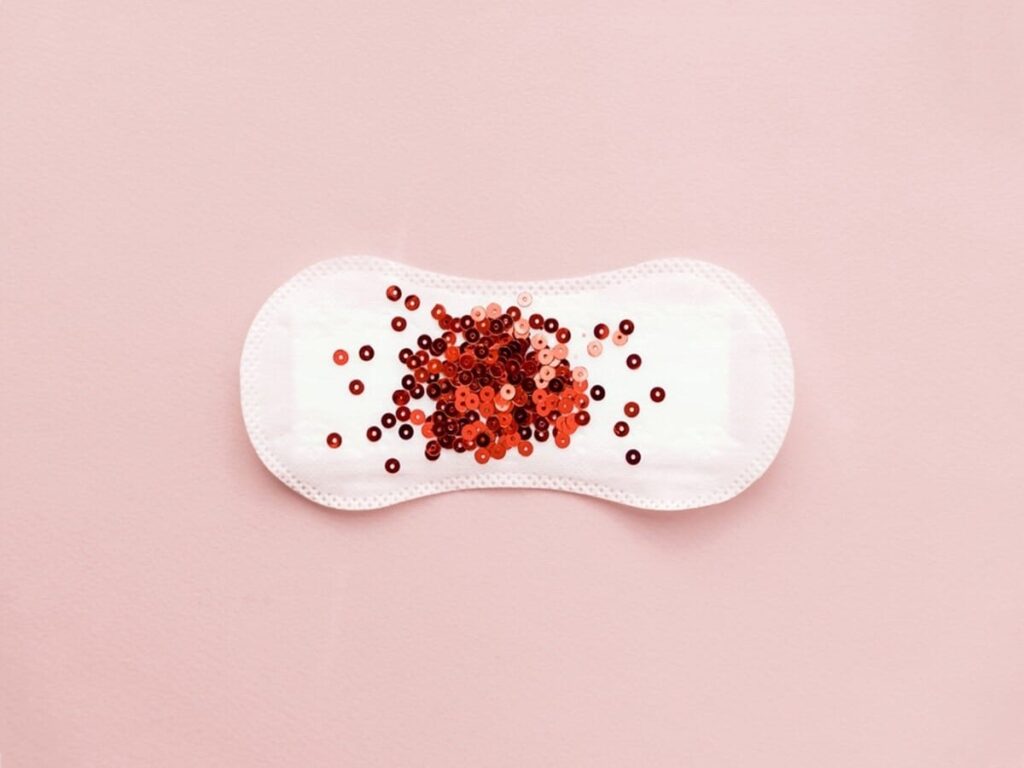Understanding Menstrual Discomfort and Odor
During menstruation, women often experience a variety of physical and emotional challenges. From abdominal cramps to mood swings, these symptoms are commonly linked to the menstrual cycle. One of the frequent complaints among women is the unpleasant odor associated with menstrual blood. Understanding the reasons behind this phenomenon is essential for better management of menstrual health.
What Causes Odor During Periods?
1. Menstrual Blood Composition
The menstrual fluid consists not only of blood but also of the vaginal fluid and the endometrial tissue that sheds during menstruation. When exposed to air, blood can oxidize and produce an unpleasant smell. The presence of bacteria can further contribute to this odor.
2. Bacterial Growth
During menstruation, the vaginal environment is more prone to bacterial growth due to the presence of blood and moisture. Certain types of bacteria can produce strong odors, particularly if hygiene is not adequately maintained.
3. Tampon and Product Choice
The choice of menstrual products can also affect odor. For instance, using tampons or pads that are not breathable can trap moisture and lead to bacterial growth, thus increasing odor. It’s important to choose products made from breathable materials to prevent this issue.
Tips for Managing Odor During Menstruation
| Tip | Description |
|---|---|
| Maintain Hygiene | Regularly change menstrual products (tampons, pads) every 4-6 hours to minimize odor. |
| Choose Breathable Products | Opt for pads or menstrual cups made from natural, breathable materials that maintain airflow. |
| Stay Hydrated | Drinking plenty of water helps flush out toxins and can reduce the odor. |
| Regular Washing | Gently wash the genital area with mild soap and water daily during your period. |
When to Consult a Doctor
While some odor can be normal during menstruation, it’s important to consult a healthcare professional if you experience strong, fishy odors, or if your menstrual flow has changed significantly. These could be signs of an infection or other underlying health issues that may require medical attention.
Conclusion
Odor during menstruation is a common concern for many women, but understanding its causes can help in effectively managing this issue. By maintaining good hygiene, selecting the right menstrual products, and being aware of any significant changes, women can take control of their menstrual health. If problems persist, seeking professional advice is paramount for overall well-being.
